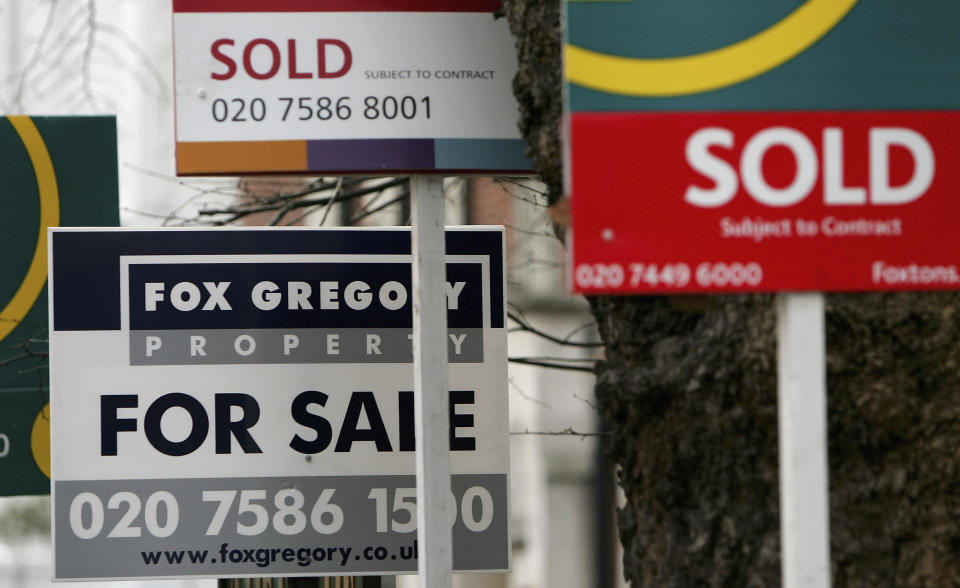Brexit gridlock blamed for huge plunge in homes going up for sale

The number of UK homes on sale remains close to record lows, with Britain’s official surveyors body warning that the current Brexit gridlock was discouraging owners from putting their homes on the market.
The Royal Institution of Chartered Surveyors (RICS) said on Thursday that an indicator that measures the number of instructions given to estate agents had “the weakest reading since June 2016” in September.
Newly agreed home sales also fell in virtually all parts of the country. Members of the body reported that the number of home appraisals — during which surveyors estimate the value of a home — were down compared to the same month last year.
At the same time, enquiries from buyers fell at the fastest pace since April. There is thus “little prospect of a pick-up in sales listings in the immediate future,” the monthly residential market survey found.
READ MORE: Brexit helps drag UK house price growth to slowest rate since 2013
“There are good reasons for thinking the latest dip in both buyer enquiries and vendor instructions is a response to the endless wrangling about Brexit, as the 31 October deadline approaches,” said Simon Rubinsohn, the chief economist at RICS.
While the body’s headline price indicator was consistent with the “broadly flat” trend in house price growth, surveyors expect prices to fall in the next three months.
The indicator “is being weighed down significantly by negative momentum in London and the South East,” the body said, noting that the outlook looked “firmer” in other regions.
Anecdotal commentary from members was “pointing to heightened economic and political uncertainty as a contributing factor behind the sluggish picture,” RICS said.

Unless there is a “speedy resolution” to Brexit, Rubinsohn warned, there could be wider ramifications for the rest of the UK economy, if concurrent spending on furniture, house fittings, and appliances is also put on hold.
The latest Halifax house price index, released on Monday, found that house prices are growing at their slowest pace in six-and-a-half years. Prices increased by just 1.1% in September compared to the same month in 2018.
RICS said, however, that more surveyors expected prices to rise than fall in the coming 12 months, with Northern Ireland and Scotland having the strongest price projections.
“At the same time, a steadier price trend is seen emerging in London and the South East,” the body said.
Released monthly by RICS, the residential market survey is used by the government, the Bank of England, and the International Monetary Fund.
It surveys chartered surveyors who operate in the residential sales and lettings markets in the UK.

 Yahoo Finance
Yahoo Finance 
